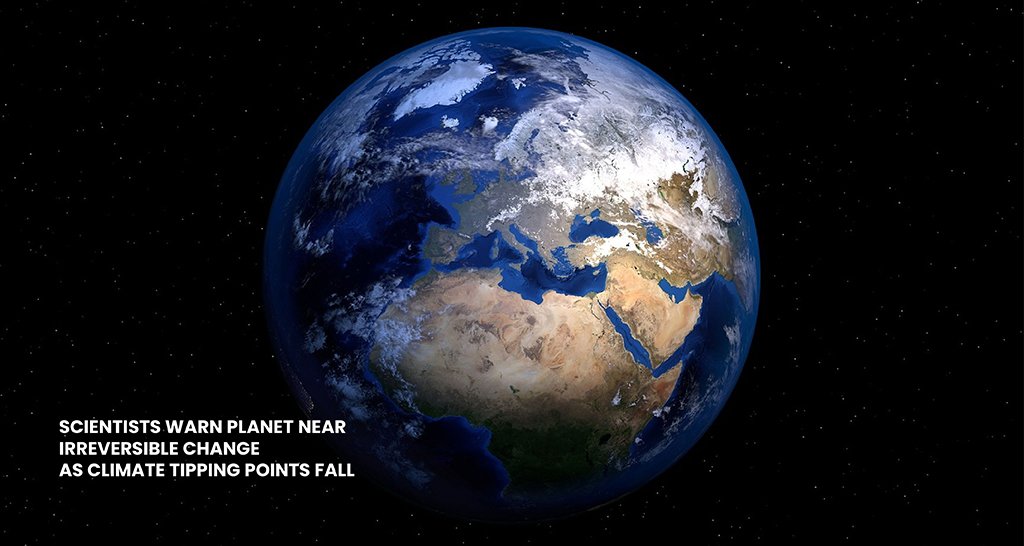As world leaders gear up to meet in Brazil for the COP30 climate summit, scientists are sounding the alarm: we are already crossing several critical climate tipping points, which could push our planet onto a path of irreversible environmental chaos.
A recent global study conducted by a group of top climate scientists has found that the Earth has entered what they refer to as a “new reality.” The warm-water coral reef ecosystems, which are home to nearly a quarter of all marine life, have crossed a thermal threshold that makes widespread recovery unlikely. According to these scientists, this represents the first major tipping point for our planet, directly caused by human-induced global warming.
Coral reefs are facing unprecedented challenges, with record levels of bleaching, disease, and mortality. Even if we manage to keep global temperatures from rising more than 1.5 °C above pre-industrial levels, researchers caution that most reefs will still find it hard to survive. This decline not only threatens marine biodiversity but also puts the livelihoods and food security of hundreds of millions of people in coastal communities around the globe at risk.
But reefs are just the tip of the iceberg. The report points out a growing concern that other vital systems, from the Amazon rainforest to polar ice sheets and major ocean currents, are nearing their own critical tipping points.
In the Amazon basin, rising temperatures, deforestation, and changing rainfall patterns are pushing the forest toward a tipping point where it could quickly turn into dry savanna. This transformation would change the region from one of the largest carbon sinks on the planet into a significant source of carbon emissions, further accelerating global warming.
Meanwhile, the Atlantic Ocean’s key circulation system, known as the Atlantic Meridional Overturning Circulation (AMOC), is starting to show signs of weakening. This vital system plays a crucial role in regulating climate patterns across Europe, Africa, and the Americas. If global temperatures keep climbing, we could see it collapse, leading to severe weather disruptions and significant changes in global rainfall and heat distribution.
At the poles, scientists are sounding the alarm about the rapid loss of ice in Greenland and West Antarctica. Once we hit certain temperature thresholds, the melting ice sheets could lead to several meters of sea-level rise, dramatically altering coastlines and forcing millions of people in low-lying areas to relocate.
Experts emphasize that these tipping elements are intricately linked. If one system fails, it can trigger a domino effect, destabilize others, and potentially cause sudden and unpredictable climate changes around the globe.
Current estimates indicate that our planet has already warmed by about 1.3 to 1.4 °C since the pre-industrial era. If we do not take immediate action, we are on track for around 3 °C of warming by the end of the century, which is well beyond what is considered safe.
Despite the warnings, scientists are also highlighting the possibility of “positive tipping points.” If governments and industries take decisive action, the swift shift towards renewable energy, electric vehicles, and reforestation efforts could spark self-reinforcing cycles of decarbonization.
As negotiators gear up for COP30, one thing is crystal clear from the scientific community: the stability of our planet is no longer just a future worry; it is an urgent crisis unfolding right now. The decisions we make in the next few months will be crucial in determining whether we can stop the chain reaction of tipping points or if we will have to face the harsh realities of crossing them.
